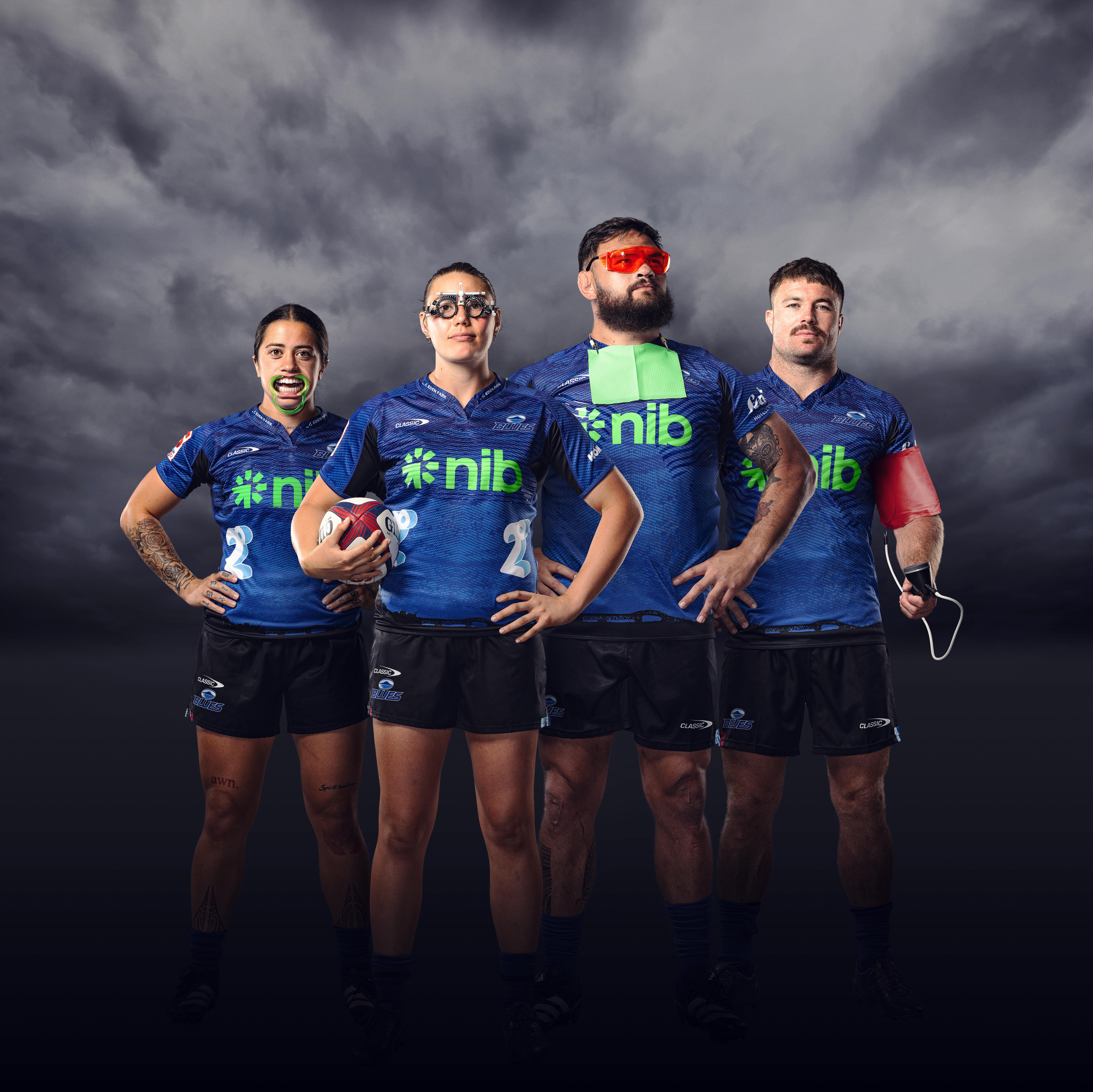New Zealanders getting better at prioritising health, survey finds
New Zealanders getting better at prioritising their health, but costs remain a barrier
- Two-thirds (65%) of adults consider themselves in good, very good or excellent health (up from 62% in December 2023
- More adults (72%) say they are committed to keeping up with health screenings (up from 66%)
- Cost is a barrier for 36% (up from 29%), especially prevalent for under 40-year-olds
- More children are up to date with common screening tests such as hearing, dental and eye checks
Research from health and life insurer, nib New Zealand, reveals more adults are taking proactive steps to prioritise their health by staying on top of essential health screenings. However, despite increased awareness and commitment, concerns around cost and uncertainty about which screenings to get remain significant barriers.
The research, carried out in February 2025 surveyed 1,010 Kiwi about their attitudes and behaviours towards health screenings, building on the last survey conducted in December 2023.
New Zealanders are feeling healthier, taking action
Compared to the previous survey, more New Zealanders feel positive about their health, with 30% now believing their health is better than their peers, up from 25% in 2023. Almost three quarters of adults (72%) say they’re committed to keeping up with health screenings, up from 66% in 2023.
People are also walking the walk – an increasing number of adults are keeping up with necessary health screenings compared to 2023. Respondents stated they were up to date with eye checks (45% up from 43%), dental check-ups (36% up from 35%), and heart health screenings (31% up from 28%).
While the number of those up to date with skin checks rose from 13% to 17%, it’s important that more people get proactively screened, especially as Aotearoa New Zealand has the highest rates of melanoma in the world.
The trend continues for those eligible for national screening programmes. Fewer respondents are falling behind or have never been screened for cervical cancer (39% down from 44%), breast cancer (22% down from 28%), and bowel cancer (36% down from 37%). However, more men are failing to have prostate checks, rising from 60% to 64%, hinting at a need for greater awareness for men aged 50-70. Cost remains a top barrier.
Financial concerns are increasingly preventing Kiwi adults from accessing health checks. The number of people citing cost as a barrier increased from 29% to 36%, now affecting over a third of respondents. This issue is particularly pronounced for those under 40, who are the most likely to delay screenings due to financial concerns.
Rob Hennin, Chief Executive Officer at nib New Zealand, stresses the importance of continued action. “Proactive health screenings can be lifesaving and it’s really encouraging to see that Kiwi are taking the reins when it comes to their wellbeing,” Mr Hennin said. “It’s clear to see that accessibility and cost issues continue to be barriers.”
Services such as health insurance can help remove some of these barriers. The survey found that 80% of those with health insurance are committed to health screening checks (vs 72% overall). It can also help provide access to services, where public services are strained.
Parents becoming proactive champions of children’s health
Parents are stepping up when it comes to their children’s health, with a 14% increase in those who feel clear about which screening checks their children need (72% up from 58% in 2023). More parents believe an annual health check is essential for their children (84% up from 75% in 2023).
Additionally, more children are staying up to date with common screening tests, highlighting the growing commitment among parents to ensure their children’s wellbeing. This includes hearing checks (54% up from 48%), dental check-ups (66% up from 55%), eye checks (57% up from 50%) and general health exams (59% up from 57%). About 29% of parents report that their children don't have any current health issues of concern.
Cost remains a barrier to having children screened for 17% of parents. While this figure is lower than adults at 34%, it still represents a significant challenge, particularly for lower-income households and younger generations.
nib's resident parenting expert, Nathan Wallis, said “A massive part of setting our tamariki up for success is modelling healthy behaviours – you might think they don’t notice, but they do. When parents prioritise their own health and wellbeing, they’re instilling lifelong habits in their kids. It’s great to see more parents taking action and recognising the importance of regular check-ups for their kids in today's busy life – but don’t forget about yourself too.”
Staying on top of your game with the Blues
nib and longstanding partner, the Blues, are once again joining forces to encourage New Zealanders to be proactive about their health by staying on top of regular screenings and prioritising wellbeing.
nib’s research highlights the role of regular health screenings in maintaining peak performance, something that the Blues know very well.
Blues Chief Executive, Andrew Hore, highlights the importance of proactive healthcare, both in sport and everyday life: “For our players, we know that staying ahead of potential health issues is what keeps them at the top of their game. The same applies to everyday people – regular check-ups help you perform at your best. Through this partnership, we hope our players can set a positive example and encourage more people to take charge of their health.”
nib has enlisted the help of Kiwi media personality, Jordan Vaha’akolo of The Morning Shift Podcast, to coach some of the Blues and nib Blues players on the importance of tackling your health issues with proactive health checks.
Download nib’s Warrant of Wellness for more information on how to stay match fit. Visit www.nib.co.nz/special-offers to see our range of health insurance plans which are easy to use,easy to claim on and help put you in control of your health journey.
